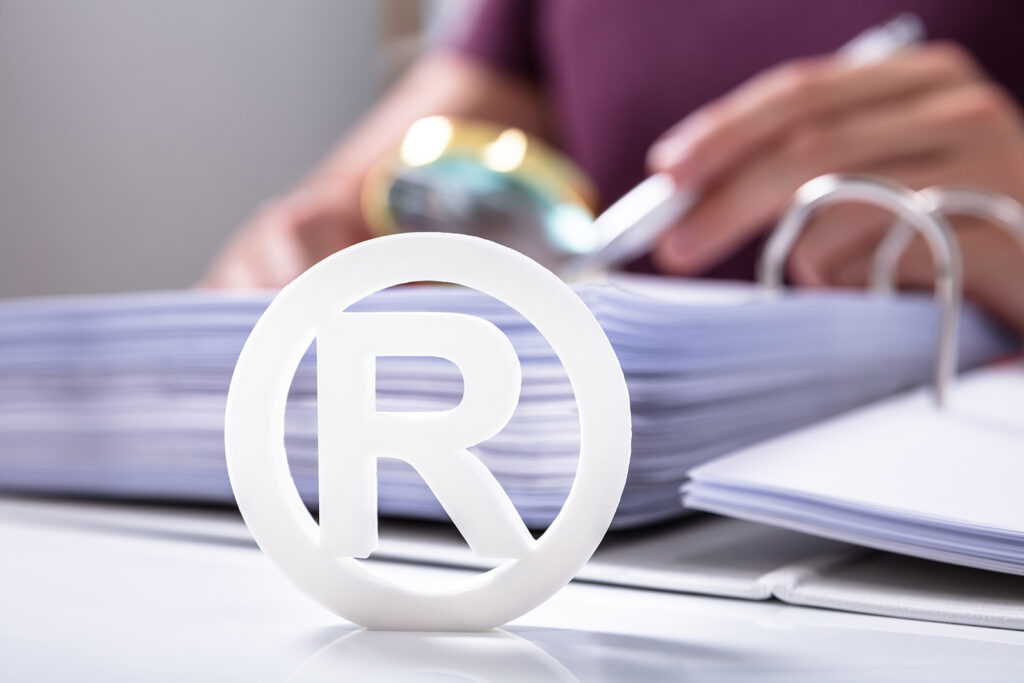An aggrieved trademark owner, also known as a prior trademark owner, must demonstrate that the use of its trademark by another business has caused confusion regarding the origin of the prior trademark owner’s goods. To do so, the prior trademark owner must first demonstrate that it has established a protectable right in its trademark and that it was the first to use it in commerce. It must then demonstrate that the latter party’s trademark is likely to cause confusion, misunderstanding, or deception by giving the false impression that the latter party’s goods are those of the prior party.
Steps Businesses Can Take to Prevent Trademark Infringement
This “likelihood of confusion” concept is the current legal standard for determining whether a business’s trademark has been infringed. To determine whether there is a likelihood of confusion between opposing trademarks, courts generally consider a variety of standards. The degree of resemblance between the trademarks in terms of appearance, sound, and meaning is one of the important considerations examined, as is whether the products of the parties are so similar that customers are likely to erroneously believe they came from a single supplier.
The relative distinctiveness of the trademark, the presence of the markets where the goods sold under each mark are sold, the existence of any evidence of actual confusion, and whether the latter trademark user adopted its trademark with the full purpose of profiting from any confusion with the prior trademark are all factors that courts also take into account. Additionally, courts will consider the degree of care that customers are expected to employ in choosing the items and determining their source, as well as the relative expertise of the consumers buying the products of each party.
The utilization of a latter trademark that is identical to or confusingly similar to an already-existing prior trademark on the same kind of product in a common marketplace will, therefore, based on these factors, in the majority of cases clearly result in a likelihood of confusion and constitute trademark infringement.
On the other side of the spectrum, the law permits the coexistence of trademarks that are identical or similar to products that are wholly unrelated as long as the markets for each product are distinct from one another and consumers are not likely to be confused about the products’ sources.
However, there are numerous close situations between these two ends of the spectrum where the courts will, to different degrees, utilize the aforementioned principles. In these situations, establishing the possibility of trademark confusion can be a subjective procedure with unpredictable results.
But what possible defenses are open to the defendant accused of trademark infringement? Fair use is of the main affirmative defenses in trademark infringement cases.
Fair use is when a party uses another’s trademark to describe a product in its ordinary, descriptive sense as opposed to its secondary, unique “trademark” meaning. According to the concept, businesses ought to be able to describe their own products or services using common terms, even if those words also happen to be a part of other parties’ trademarks.
If the prior trademark owner can demonstrate that it will suffer irreparable damage if the injunction is not granted, the successful plaintiffs in trademark infringement lawsuits are entitled to a number of different of remedies, including injunctions preventing any infringing use of the prior trademark. If evidence of the infringer’s bad faith can be proven, monetary damages may also be imposed.
You can find the list of international IP Firms here.
